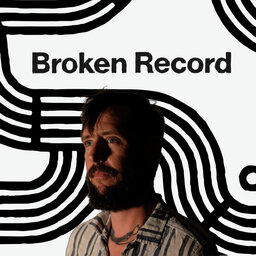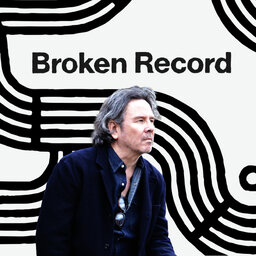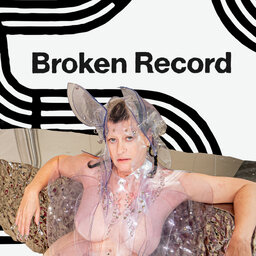BONUS: David Blaine with Rick Rubin
Rick Rubin, like all of us, has been thinking a lot about fear lately. And few people on the planet understand fear in the same way that Rick's good friend, David Blaine, does. David has made a career of pushing his mind and body to the limit. So Rick thought David might be a great person to talk to about facing fear. Ok obviously this conversation isn’t about music. But it does touch on one of Rick’s other great loves—magic. When he was a kid, Rick studied magic. Since then magic has become so much more than sleight of hand for him … he uses the idea of pulling something out of nothing when he’s making music. So it makes sense that he would turn to one of the best living magicians for words of wisdom.
To check out David Blaine's latest special visit: https://abc.com/movies-and-specials/david-blaine-the-magic-way
Learn more about your ad-choices at https://www.iheartpodcastnetwork.com
 Broken Record with Rick Rubin, Malcolm Gladwell, Bruce Headlam and Justin Richmond
Broken Record with Rick Rubin, Malcolm Gladwell, Bruce Headlam and Justin Richmond


